I had the pleasure of being interviewed by Monique Muhlenkamp for New Spirit Journal. We had a great conversation about my personal startups and talked about how to start or restart a business during a recession.Here’s the article: Trevor G. Blake is the author of Secrets to a Successful Startup and Three Simple Steps. A resident of Bellevue, Washington, he founded and served as CEO of three different medical technology companies. In this article, Monique Muhlenkamp visits with Trevor to ask him about startups.
Monique: Do women make more successful startup entrepreneurs than men? Why?
Trevor: Yes, although men can learn from them and with certain tools and practice start to catch up.
In the startup phase, the ability to make optimal decisions is critical to the survival of the venture. Startups are typically one person working alone from a garage. There’s usually no one else to ask for guidance or help. So, the ability to make optimal decisions is the key attribute in the beginning.
As it turns out, women are better decision makers than men according to dozens of studies over the past two decades.
For example, in 2013 the International Journal of Business Governance and Ethics published the results of a study into how men and women make decisions. It concluded that women’s abilities to make good decisions when competing interests are at stake make them better entrepreneurs and corporate leaders.
The researchers found that male directors preferred to make decisions using rules, regulations and traditional logic as their preferred way of doing business.
Female leaders, on the other hand, are less constrained by these parameters and more prepared to “rock the boat,” often relying on their intuitive sense. This is a critical asset, particularly in the startup phase when there’s often not a lot of data for analysis. Traditional approaches using analysis are of less use.
Being male, I’ve spent decades improving my intuition, and some of the best ways I’ve found to do that are in Secrets to a Successful Startup (though I must admit that, although I’ve gotten better at making instantaneous calls, I’m nowhere near as good as my wife who has always done so naturally). I learned these methods from reading dozens of biographies of not just successful entrepreneurs but artists and adventurers. In every story I found common patterns of behavior and I adopted them into my life with dramatic and immediate results. More recently, the science to support the benefits of these tools and techniques has emerged especially in the fields of quantum physics and neurophysiology and this fact-based foundation is also a vital part of Secrets to a Successful Startup. It becomes easier to understand how many women leaders are naturally more connected to sources of solutions and how everyone else can work at improving that ability.
This is one reason why, when I had a successful corporate career, I built teams that had an exact 50/50 balance between male and female employees, and also why, when I start a company, I tend to hire vendors with female leaders. It simply works… proven by the four companies I’ve built in less than 20 years for a combined valuation of more than $500 million.
Monique: Why are recessions the best time to start a business?
Trevor: There’ve been 50 recessions in the USA since 1790 and some of the most successful companies in history have their roots in them: GE, IBM, Disney, Microsoft, Apple.
Three of my four companies also happened to be created while a recession was happening.
Recessions are bad for employees, but great opportunities for entrepreneurs, and there are some sound philosophical reasons for it. For one thing, nothing motivates a person more than being downsized and wanting to prove the bastards wrong.
But there are tangible things as well.
For example, there’s a ready supply of cheaper labor, as well as vendors with less business on their books, both of which are more willing to work with your startup at an introductory price. More importantly, the supply of experienced labor increases and the folks who dismissed you before suddenly want to be best friends.
This happened to me when I left corporate life. I often found colleagues who wanted nothing to do with me after I left to start my first company suddenly knocking at my door in need of work. I knew the good ones from the average, so I was able to put my ego aside (well, most of it) and hire good people for a fraction of what they would have charged before.
Consumer needs change, too. People want innovation and ways to get more for less.
Recessions also usually mean less costly credit, and willing investors who want to quickly cover up the embarrassment of their recent investments that failed.
Monique: How is it possible to succeed in business working less than five hours a day?
Trevor: Working five hours a day isn’t some “New Age” feel-good ideology.
It’s a scientifically proven way to maintain peak brain performance.
Let’s consider the corporate workplace where, according to the Department of Labor American Time Use Survey published in June 2019, full-time employed persons worked an average of 8.5 hours per weekday and 5.4 hours per weekend in 2018.
But did they really “work?”
Studies show that over the course of an eight-hour workday, the average employee works for only two hours and 53 minutes. The rest of the time, according to a 2016 survey of 2000 business offices, people spend their time on some combination of:
- Reading the news
- Browsing social media
- Eating food
- Socializing about non-work topics
- Taking smoke breaks
- Searching for new jobs.
In most companies, that less-than-three-hour-workday can easily be spent in mind-numbing updates or HR system meetings.
The startup entrepreneur has none of those distractions and can achieve as much in a day as most corporate employees do in a week.
That’s the good news.
The bad news is that many startup entrepreneurs come from the corporate world, so they sit alone at a desk waiting for an email or a phone call for eight hours. Eventually this type of behavior causes burnout.
Burnout, and its counterpart depression, is the number one health issue for startup entrepreneurs.
Studies show that the brain cannot concentrate for periods longer than two hours (some suggest 10 minutes is the limit). So, to maintain sanity and peak brain performance, I recommend the entrepreneur divide the day into dedicated work periods and dedicated distraction periods. They can do things like go for a walk, go to the coffee shop, or take a nap. The work periods must never amount to more than five hours a day. I’ve included the science to back this up in the book.
Monique: What is the number one skill entrepreneurs must have if they are to be successful?
Trevor: Adapt or die.
The average age of a company today is 15 years compared to 75 years in the 1950s. Technology changes can wipe out businesses rapidly, as we’ve seen with companies like Borders Books, Blockbuster and Thomas Cook. Company structure and decision making systems made it hard fom them to adapt to the market.
This is where the startup has all the advantages.
We have no committee meetings, no hierarchical information filtering systems, no corporate egos that ignore the bad data signs. The unique business structure I propose in Secrets to a Successful Startup is all about adaptability.
Monique: What is the best time to start a company?
Trevor: Right now… and it takes just 20 minutes and I walk you through the process.
There’s never a wrong time to start a company… and it’s never too late to reinvent yourself by taking an idea and making it real. Nor is there a best time, although recessions offer lots of startup advantages, like availability of cheaper skilled labor.
Monique: What makes a winning business idea?
Trevor: The best ideas are those that make your stomach flutter with excitement.
Keep in mind that may not be something you love doing or even something you’re good at, but something that you want to fix. When something makes you so mad that you set about fixing it, you have a winning idea.


